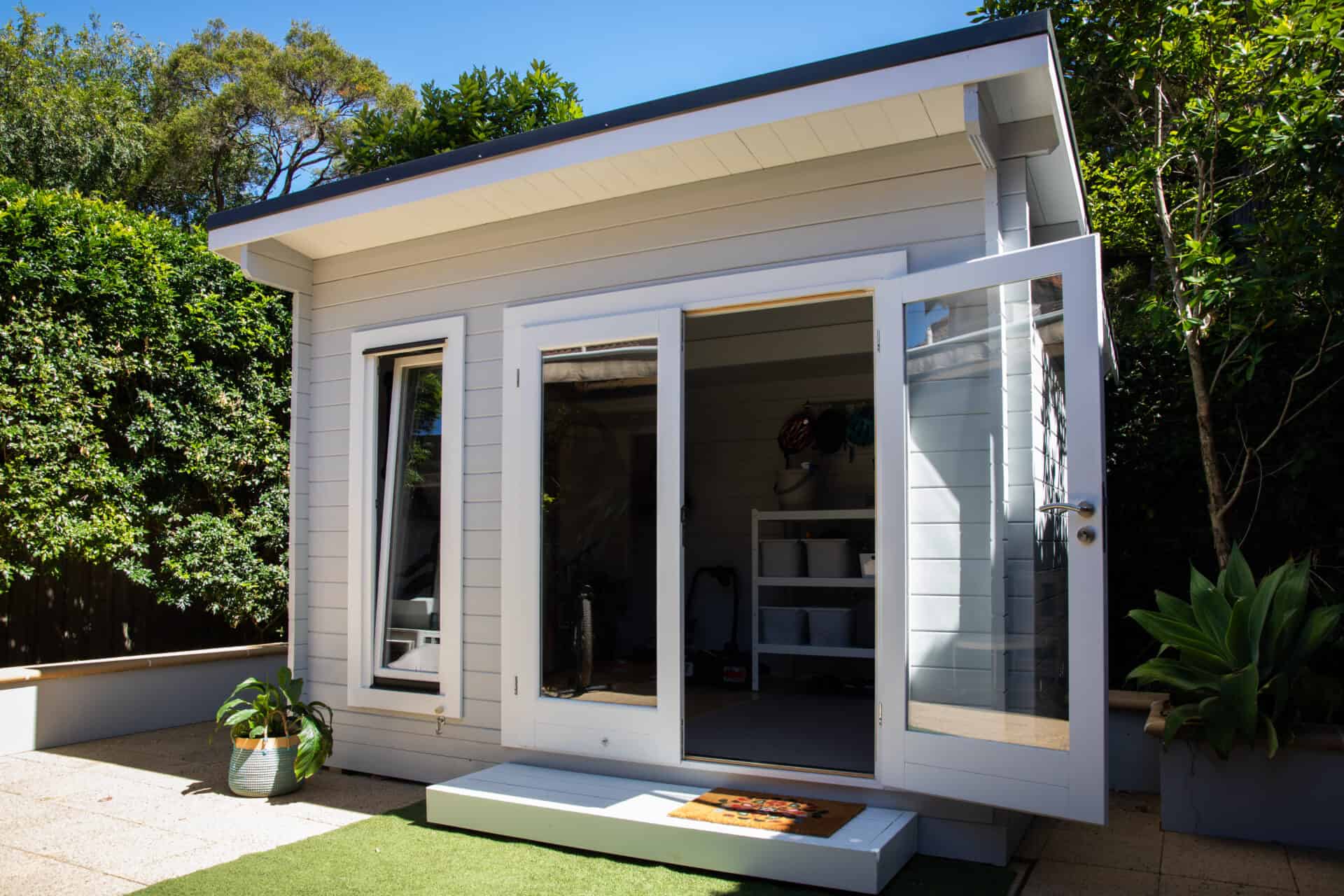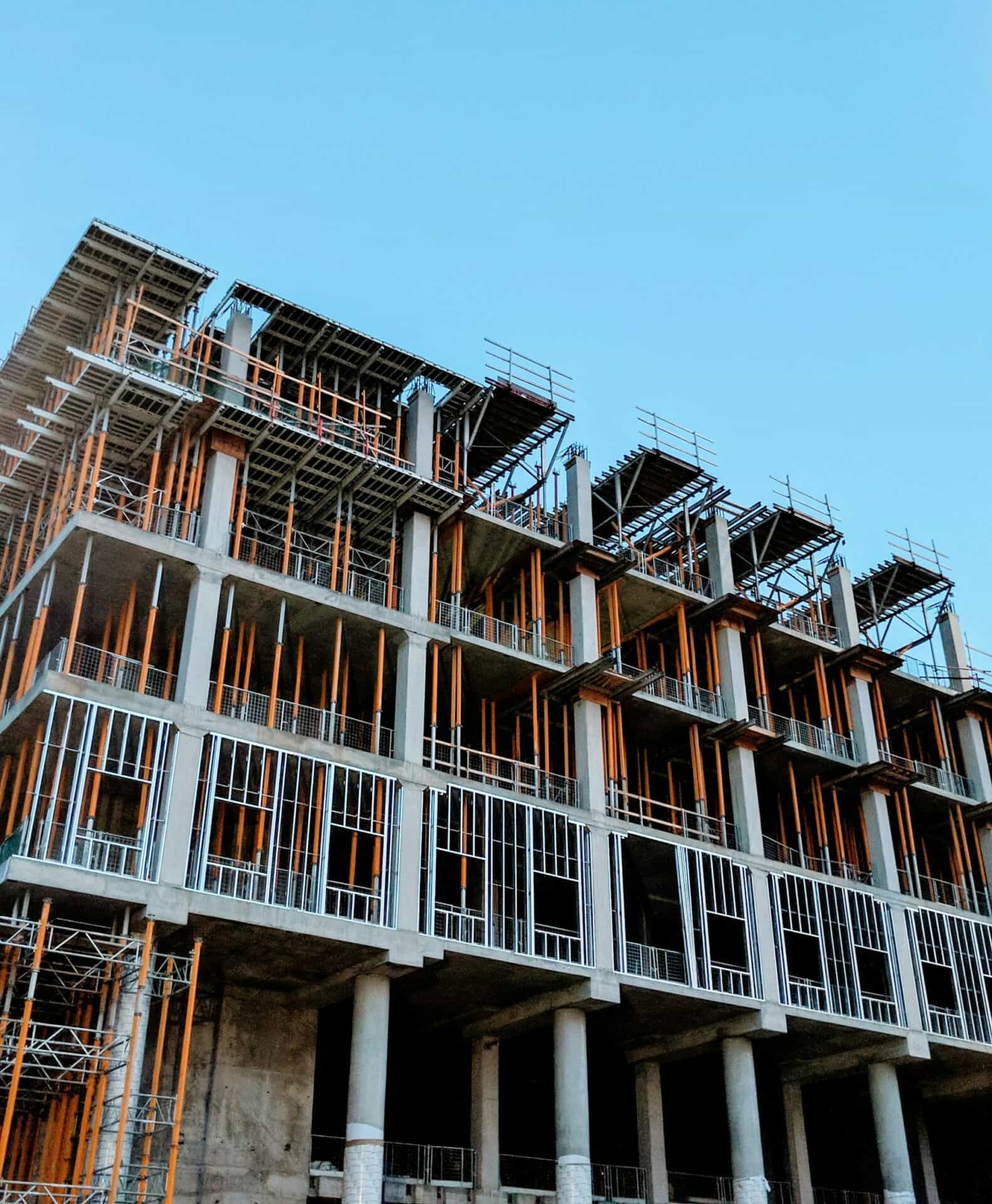“In the five years from this July, we aim to build 1.2 million of them. Our goal is ambitious but achievable if we all work together and if we all do our bit.”
These words, spoken by Treasurer Jim Chalmers during the 2024-25 federal budget speech, set the tone for a budget that places significant emphasis on housing affordability.
As the government unveils its financial plan for the coming year, Australian homebuyers are eager to understand how these measures will impact their aspirations of owning a home.
The 2024-25 federal budget introduces a range of initiatives designed to support homebuyers, particularly first-time buyers, in an increasingly challenging housing market.
From the expansion of the First Home Guarantee scheme to the establishment of the Housing Australia Future Fund, the government has signaled its commitment to addressing the housing affordability crisis.
Here’s what you need to know.
Notable Budget Winners and Losers
The 2024-25 federal budget has introduced several measures that directly impact various segments of the Australian population. Among the winners are households and small businesses, which will benefit from energy bill relief.
Every Australian household will receive a $300 rebate on their power bills, while eligible small businesses will receive a $325 rebate. These credits will be automatically applied to electricity bills from July, amounting to a 17% reduction on the average power bill.
Treasury estimates that this measure will directly reduce headline inflation by around half a percentage point in the next financial year.
Healthcare is another area where the government has announced significant investments. The federal government is allocating $8.5 billion in new money for health, including funding for an additional 29 urgent care clinics.
These clinics, which offer walk-in care seven days a week covered by Medicare, aim to help people receive aid for simple ailments and reduce the burden on emergency departments.
Taxpayers across all income brackets will also benefit from tax cuts effective from July 1. The government has made changes to the previously legislated stage 3 tax cuts, reducing the 19% tax rate to 16%, the 32.5% tax rate to 30% , and raising the thresholds for the 37% and 45% tax rates.
These reforms mean that anyone earning less than $146,000 in taxable income will receive a bigger cut than previously planned.
On the other hand, high-income earners, despite receiving income tax cuts, are considered budget losers compared to the previous budget. Due to the government’s changes to the stage 3 tax cuts, people earning a taxable income of more than $146,000 will receive a smaller cut than previously set out.
International students are another group facing new challenges.
The government plans to introduce legislation that will allow the education minister to cap the number of places for international students. Universities wanting to enrol international students above the limit will be required to build new purpose-built student accommodations to benefit both international and domestic students.
Now, let’s move onto the parts of the budget that specifically impact homebuyers.
Help to Buy Scheme
The 2024-25 federal budget has allocated an additional $5.5 billion to the Help to Buy Scheme, a significant investment aimed at assisting homebuyers. Under this scheme, the government will provide an equity contribution of up to 40% of the purchase price for new homes and 30% for existing homes.
To be eligible for the scheme, buyers must earn below set income thresholds, currently $90,000 for singles and $120,000 for couples. These thresholds are expected to rise in line with broader wage growth, ensuring that the scheme remains accessible to low and middle-income earners.
This initiative addresses one of the major barriers to homeownership – the challenge of saving for a substantial deposit, particularly in the face of rising property prices and cost-of-living pressures.
Housing Australia Future Fund (HAFF) and Social Housing
The 2024-25 federal budget has placed a strong emphasis on addressing the nation’s social and affordable housing needs through various initiatives, chief among them being the Housing Australia Future Fund (HAFF) and investments in social housing projects.
In this financial year, the government has committed to disbursing the first $500 million from the $10 billion HAFF. This fund aims to support the construction of 1.2 million homes over the next five years, a target that industry groups have warned may be challenging to achieve without additional measures.
To support the efforts of the HAFF, the budget provides a $2.5 billion increase in the liability cap for Housing Australia (formerly the National Housing & Finance Investment Corporation), bringing the total to $10 billion.
This increase will enable Housing Australia to provide more low-cost financing to community housing providers, facilitating the delivery of additional social and affordable housing units across the country.
The government has also allocated $6.2 billion specifically for the construction of more social housing units. This includes an extra $1 billion directed to the states and territories to fund the connection of essential services, such as water, sewage, power, and roads, to these new social housing projects.
Recognising the urgent need to address homelessness, the budget also includes measures to support vulnerable communities. Under the new $9.3 billion National Agreement on Social Housing and Homelessness, the government has doubled its funding for homelessness services, with the expectation that states and territories will match this commitment.
Additionally, $1 billion has been repurposed from the National Housing Infrastructure Facility to provide crisis and transitional accommodation for women, children, and youth fleeing domestic violence situations, ensuring that these vulnerable groups have access to safe and secure housing options.
Rent Assistance and Student Housing
In an effort to alleviate the financial burden faced by renters, the 2024-25 federal budget has introduced a 10% boost to the Commonwealth Rent Assistance (CRA) program. This increase, which builds upon the 15% CRA boost from the previous year’s budget, will benefit nearly one million households across Australia.
The maximum rate of CRA has now increased by more than 40% since May 2022, providing much-needed relief for renters grappling with rising housing costs. This measure aims to support young people and renters of all ages who are struggling with the challenges of the current rental market.
In addition to addressing rental affordability, the budget has also focused on easing the pressure on the broader housing market by targeting the student accommodation sector. The government has announced plans to develop regulations that will require universities to increase their supply of purpose-built student accommodation.
This initiative recognises the impact that growing international student enrolments have had on housing demand, particularly in urban areas.
Having mandated that universities provide additional student housing in proportion to their international student intake, the government aims to reduce competition for private rental accommodation and alleviate the strain on the overall rental market.
Infrastructure Spending
Recognising the importance of infrastructure in supporting housing development and growth, the 2024-25 federal budget has allocated $16.5 billion for new and existing infrastructure projects across Australia over the next decade.
Of the total allocation, $4.6 billion has been earmarked for 69 new infrastructure projects, including significant investments in key growth areas. For example, $1.9 billion will be directed towards road and rail projects in Western Sydney, a region poised for substantial residential and commercial development with the upcoming Western Sydney Airport.
Other notable infrastructure investments include:
- $300 million for new Metronet projects in Western Australia
- $177 million for bridge and intersection upgrades along the Warrego Highway in Queensland
- $100 million for cycling and walking trails in the Australian Capital Territory
In addition to new projects, the budget provides $10.1 billion to support the delivery of existing infrastructure initiatives, such as the East West Link in Melbourne, Metronet projects in Western Australia, and the Sunshine Coast rail link in Queensland.
These infrastructure investments are expected to have a significant impact on the housing market, particularly in areas targeted for development. With improved transportation links, utilities, and other essential services, the hope is to unlock new land for housing construction and enhance the accessibility and desirability of existing residential areas.
As a result, property values in these targeted regions could potentially experience growth, benefiting homebuyers and existing homeowners alike.
The improved connectivity and amenities provided by these infrastructure projects could also contribute to the overall liveability and attractiveness of these areas, further driving demand for housing.
Other Housing-Related Measures
In addition to the major initiatives outlined in the budget, the government has introduced several other measures aimed at supporting the housing sector and addressing related challenges.
One notable measure is the allocation of $88.8 million to deliver 20,000 additional fee-free TAFE places for construction-related courses. This investment aims to address the skilled labour shortage that has been a significant constraint on the construction industry since the COVID-19 pandemic.
The budget includes $1.8 million to streamline skills assessments for approximately 1,900 migrants from comparable countries who wish to work in Australia’s housing construction industry.
To encourage institutional investment in the build-to-rent sector, the government has introduced incentives such as halving the managed investment trust withholding tax rate from 30% to 15% and increasing the capital works tax deduction rate from 2.5% to 4% per year for newly constructed large scale build-to-rent properties. It is important to check with your states requirements to be eligible for this increase in capital works deductions.
The budget also addresses the need for minimum rental standards across the country. The government plans to introduce federal minimum rental standards, which will establish a more unified approach to reasonable grounds for eviction and limit rent increases to once per year
Key Takeaways
- The Help to Buy Scheme provides up to 40% equity contribution for new homes and 30% for existing homes to assist homebuyers.
- $10 billion Housing Australia Future Fund aims to support the construction of 1.2 million homes over the next five years.
- $6.2 billion allocated for building more social housing, including $1 billion for connecting essential services.
- 10% increase in Commonwealth Rent Assistance to support nearly one million households.
- Regulations for universities to increase student accommodation to ease rental market pressure.
- $16.5 billion for new and existing infrastructure projects to enable housing growth and potentially increase property values.
- Initiatives to address skilled labour shortage, encourage build-to-rent investment, and introduce minimum rental standards.

Ready to get started?
Talk to one of our friendly property experts to get a free quote or more Information.







